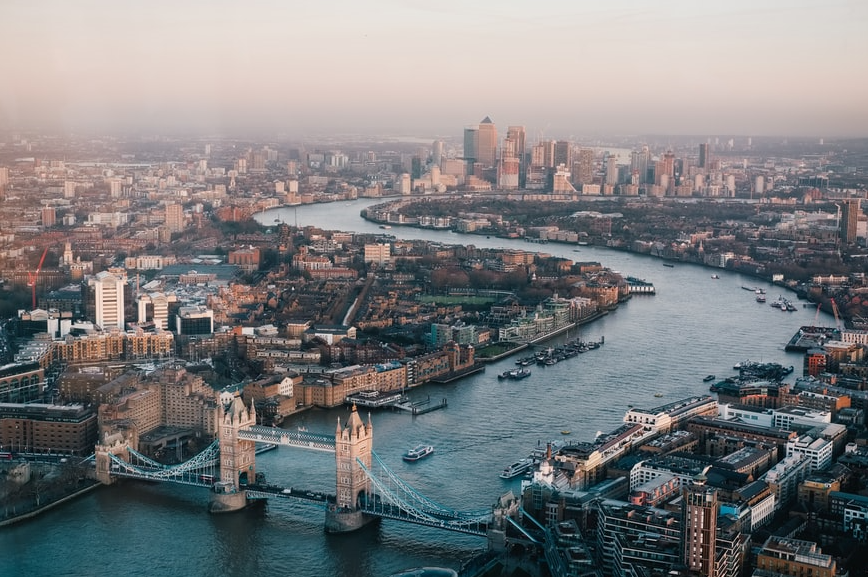Emerging technology charter for London updated

Technology has been a major driving force for progress in the modern world. The integration of tech innovations in different industries has allowed us to travel across continents, live healthier lives, generate energy, and achieve much more.
The UK has been at the helm of many technological breakthroughs and the home to one of the greatest of humanity’s leaps, the industrial revolution. In 2021, the Mayor of London marked the beginning of another technological revolution by unveiling a pathway for the ethical use of emerging technologies in the city.
First of its kind in the UK, London’s Emerging Technology Charter is practically a set of ethical guidelines that focus on the use of data, digital rights, openness, and sustainability of future technologies. These guidelines will help the city to:
The Charter covers technologies like facial recognition software, driverless cars, sensor networks, drones, mobility services, robotics, AR, VR, and automated decision-making. These technologies have a huge impact on different industries, ranging from accounting to online gambling. For instance, operators like Yako Casino, Jackpot Village, and many others seen on this Top Mobile Casino UK site are adopting technologies like mobile services and algorithmic decision-making, which are covered by the Charter.
While the charter is voluntary, technologists, innovators, elected representatives, interested Londoners, and the local government are encouraged to adopt it. That will improve how emerging technologies are implemented in London.
What does emerging technologies mean according to the Charter?
According to a 2020 Digital Catapult report published by the Mayor of London, the city is a global hub for the research and development of future technologies like the Internet of Things, 5G, and artificial intelligence. The new digital infrastructure has significantly boosted internet speeds, provided huge amounts of data, and allowed data to be processed quickly.
In the coming years, emerging technologies and services will be using the new generation of connectivity to get faster access and improve data processing speeds, which is essential in building AI products. 5G technology has become the driving force for different types of emerging technologies in London, including augmented reality, the use of autonomous vehicles, biometric monitoring, remote-operated machinery, and smart logistics.
Many capabilities and use cases of emerging technologies will be implemented in smart cities, a field that applies new technologies in improving the operations of the London government. That explains why there has been an acceleration in the availability of networks of cameras, sensors, robotics, drones, AR, VR, and mobility services.
Operation of the Charter
The London Charter for emerging technologies outlines four principles for implementing future technology in the city. These principles are expressed in a series of measures and examples, including:
#1. Be open
When developing and deploying new technologies, people aspire to work in an open environment, sharing their thoughts and working collaboratively with authorities. That includes measures like:
#2. Respect diversity
Along with other leading smart cities in North America and Europe, London highly believes that human rights principles must be incorporated into digital technologies that serve the city by design. The charter suggests adopting user-centric design principles when developing and deploying new technologies. It also advocates hiring a more inclusive and diverse workforce.
The charter also stipulates that human rights issues need to be considered in procurements in the public sector in accordance with the government’s guidance. As such, bidders can be excluded from public contracts if they violate certain social, environmental, and labor laws.
#3. Be trustworthy with user data
London needs useful, safe, and secure ways of using and sharing people’s data to build trust among citizens and partners. That involves considering how the data is being used, and which human decisions or processes are based on it while ensuring privacy by design.
To ensure privacy at the design stage, developers need to make it easy for their users to secure their data in a specific way whenever they want. They also need to ensure the personal data they collect is mindful and justifiable, even when the developer doesn’t intend to identify people in their smart projects.
#4. Be Sustainable
Future technologies have both a virtual and physical footprint. London wants emerging technologies to be sustainable, contributing to the goal of making it a zero-carbon city in the next decade.
